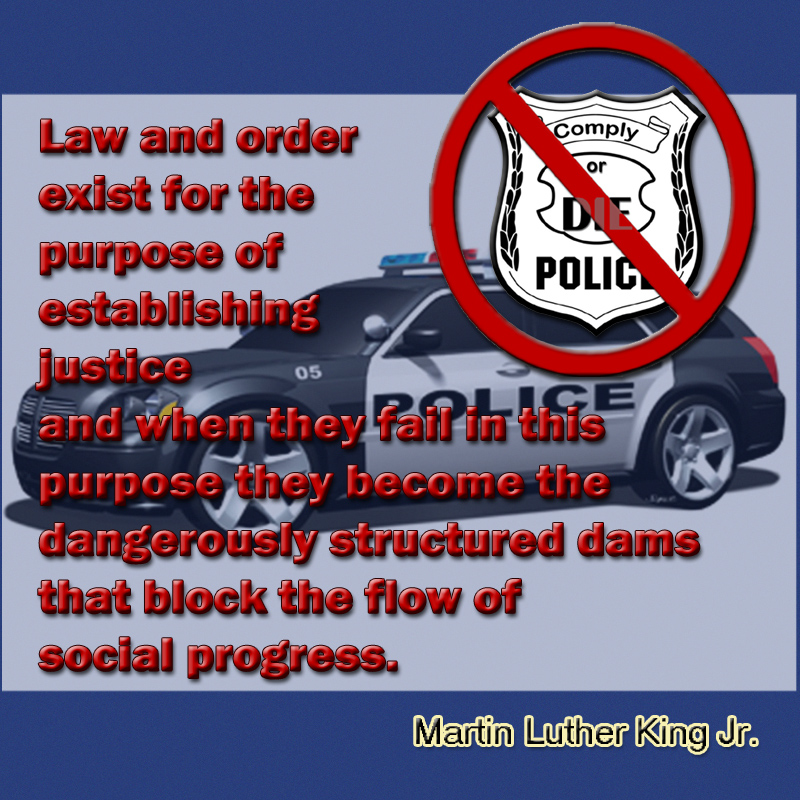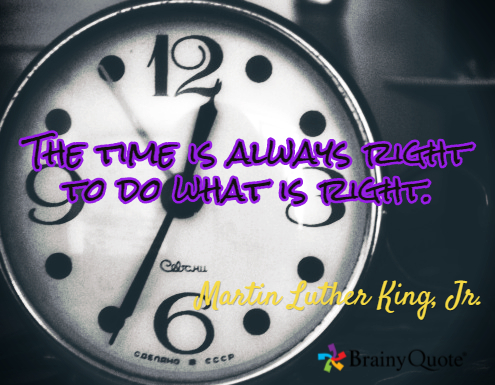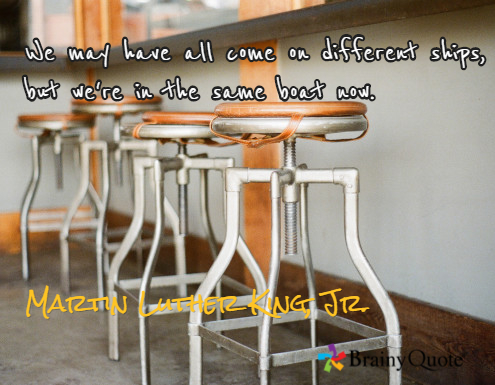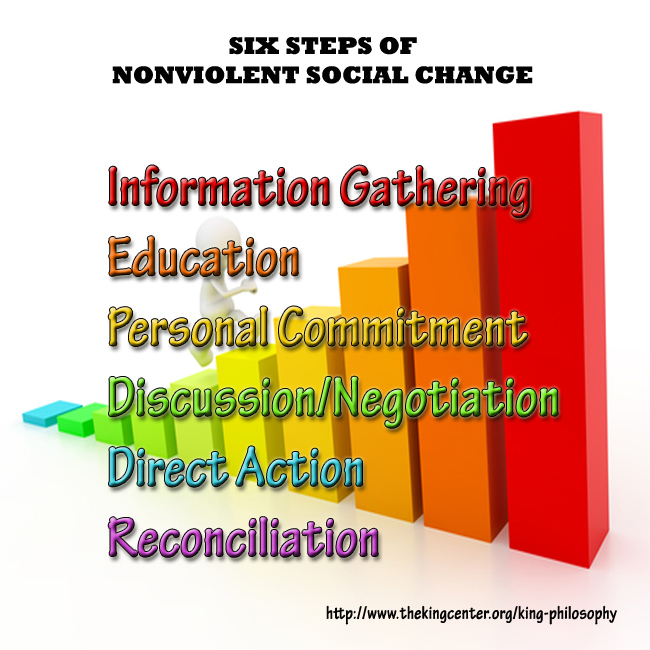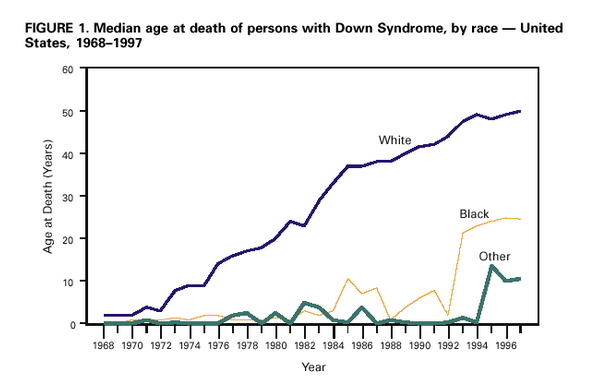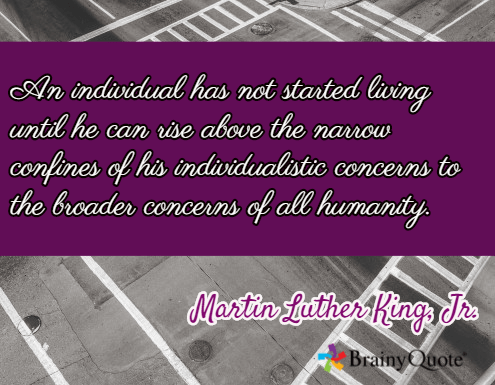If he was here, what would Dr. Martin Luther King Jr. say and do about the current issues in our community?
Today, as we celebrate Dr.King’s impact on our world, it’s a good time to reflect on our advocacy in the disability community. Most would agree that MLK would have something to say about the rallies and demonstrations around race and policing. Would he branch out and extend his hand to include the disability community in his work? I think he would. While some question, and even criticize efforts to widen the discussion of improved policing to include other disenfranchised groups, I believe Dr. King would be among the first to emphasize that #AllLivesMatter.
I refuse to believe that one of, if not THE greatest champion of civil rights in our country would insist on limiting his advocacy to one specific group of people when addressing an oppressive system. Is it reasonable to think that he would say, “I know you’re oppressed too, but this is our moment – you’ll have to wait your turn?”
Would he feel that other groups who say “It happens to us too,” are trying to diminish the experience of others? Or would he say that all who suffer at the hands of ignorance or bigotry should band together and march side by side?
If we concede that police interactions with disabled people can be every bit as problematic as those with people of color, what would a non-violent, civil rights campaign that encompasses race, disability, and non-violence look like? I certainly can’t speak to what Dr. King would think, but his teachings show that certain elements would be present.
6 Steps of Nonviolent Social Change
“INFORMATION GATHERING: To understand and articulate an issue, problem or injustice facing a person, community, or institution you must do research. You must investigate and gather all vital information from all sides of the argument or issue so as to increase your understanding of the problem. You must become an expert on your opponent’s position.”
(Emphasis mine)
“PERSONAL COMMITMENT: Daily check and affirm your faith in the philosophy and methods of nonviolence. Eliminate hidden motives and prepare yourself to accept suffering, if necessary, in your work for justice.”
As part of the process, we in the disability community need to examine what motivates us to join in the discussion.
DISCUSSION/NEGOTIATION: Using grace, humor and intelligence, confront the other party with a list of injustices and a plan for addressing and resolving these injustices. Look for what is positive in every action and statement the opposition makes. Do not seek to humiliate the opponent but to call forth the good in the opponent.
We need to identify and agree on a goal. What kind of change are we looking for? It is also important to work WITH police, not against them.
“DIRECT ACTION: These are actions taken when the opponent is unwilling to enter into, or remain in, discussion/negotiation. These actions impose a “creative tension” into the conflict, supplying moral pressure on your opponent to work with you in resolving the injustice.”
According to the teachings of Dr. King, the direct action we have witnessed recently in places like Ferguson and New York City was out of order. Emotions boiled over and caused people to react. While most of the protests were non-violent in nature, the emotional component, in some places, turned into violence and destruction. Those moments played into the media’s agenda and they became the center of the story.One exception to this has been seen in the
work taking place in Maryland after the death of Ethan Saylor.
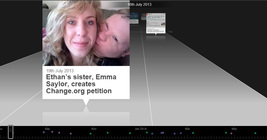
Though many of us called for more demonstrative action from our leaders, what happened with the Commission for Community Inclusion of Individuals with Intellectual and Developmental Disabilities (The Commission) was much more in line with the principles of non-violence.
“RECONCILIATION: Nonviolence seeks friendship and understanding with the opponent. Nonviolence does not seek to defeat the opponent. Nonviolence is directed against evil systems, forces, oppressive policies, unjust acts, but not against persons. Through reasoned compromise, both sides resolve the injustice with a plan of action. Each act of reconciliation is one step close to the ‘Beloved Community.’”
The Commission has, so far, focused on doing the research, educating, and having the discussions. As the legislative session begins, their focus will turn to proposing changes to Maryland law to address the “stigma, exclusion, and painful injustice” often faced by people with intellectual and developmental disabilities.
One of the reasons that The Commission has accomplished as much as it has is the tremendous leadership of Tim Shriver. His name and background bring a degree of credibility to the discussion.
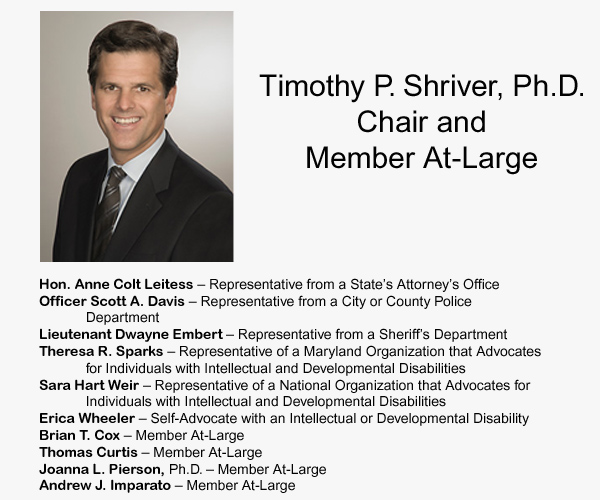
His experience and knowledge has transformed what could have been a cursory and politically motivated response into a civil and human rights approach to policy that has the potential to generate comprehensive change.
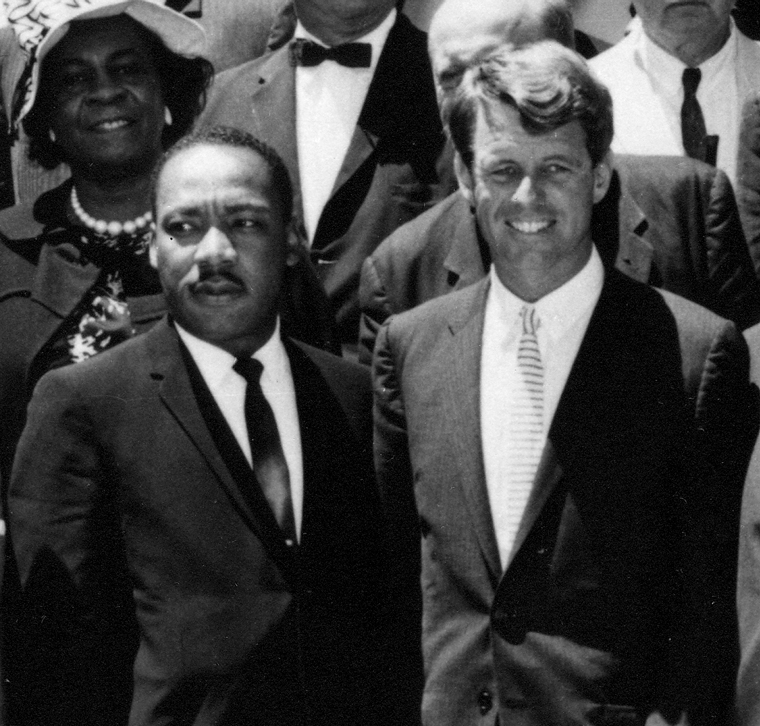
Robert Kennedy with Martin Luther King, Jr., June 22, 1963, Washington, D.C.
#RaceAndDownSyndrome
Another issue that affects our community is the health disparities between the races.
This issue needs more attention and research. We’ve started the process of gathering information, educating, and discussing but we need more help. This information came out over a decade ago – yet no serious action has taken place.In recent months as
The Road has been trying to raise awareness we’ve realized that:
- the Down syndrome community at large does not seem to be aware that the problem exists
- the research is outdated and therefore many people dismiss the findings as unreliable
- research funds are extremely limited to do follow-up studies
In the months to come we will be dedicating a good portion of our time to working on this issue.
WWMLKD?
As we go forward, we’ll be asking ourselves “WWMLKD” ?
(What would Martin Luther King do?)
- Who should we be working with?
- How do we get the information to the people who need to know?
- What research can we do to make sure we have a better understanding of the problem?
- What does success look like?
- What are our motivations? How do we get others involved?
I hope we can join together to address these issues, not just because they affect us or someone we love, but because it is the right thing to do.


